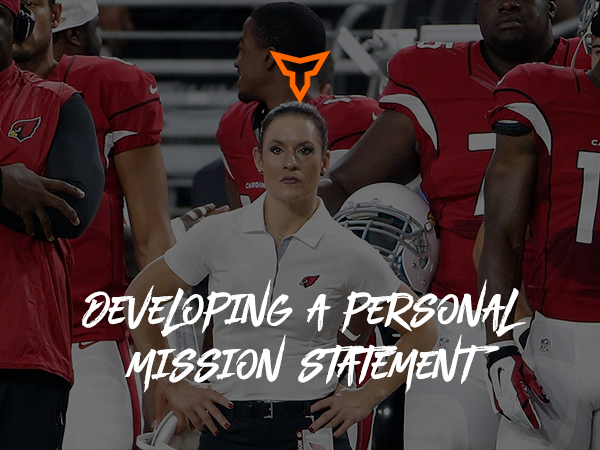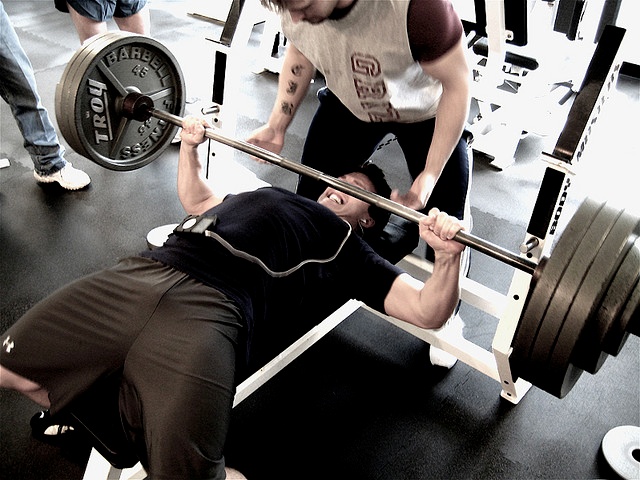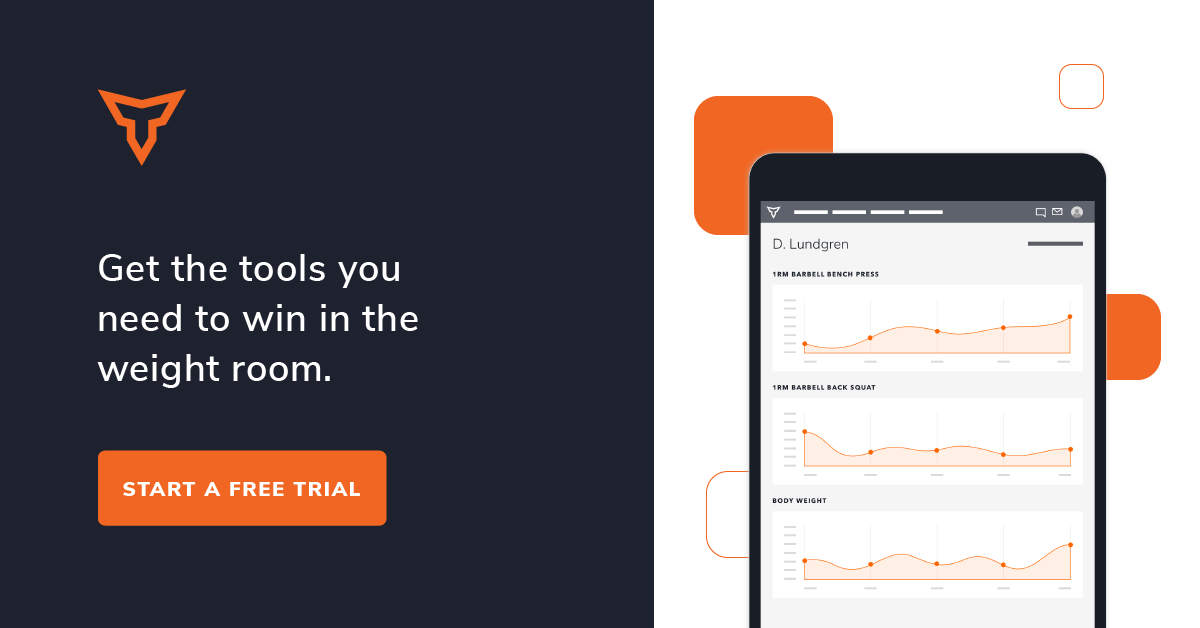Coaching female athletes is one of those trendy topics people love to discuss. Unfortunately, this classic battle of the sexes debate is usually fueled by stereotypes and misinformation. While we all go back and forth arguing who is superior, we tend to forget the most important point. There is a reason we use the genderless noun, ‘athlete.’ Gender has never been the determinant for what makes an athlete great.
I have been an Olympic Weightlifting coach for only a few years and knowingly have much to learn, but I have been a female athlete my entire life. I've had coaches that pushed me, ones that challenged me, and others who babied me. I've shared platforms with male teammates that saw me as their equal and some that thought I was in their space. I worked hard for the coaches that treated me as an athlete and felt frustrated by those that didn’t. I’ve stood by while my high school coach mumbled, “Girls…” under his breath when a teammate became upset after losing a match. Unfortunately, none of my experiences of sexism in sports are unique.
It’s no secret that women have historically not been given the same respect as men in sports. We’ve all heard the stereotypes. Women are too emotional, ask too many questions, aren’t strong enough, and are just plain difficult.
So let’s ask the obvious, are these statements true? Some studies say yes, these are generalized characteristics of female athletes. However, more often than not, the facts are grossly taken out of context.
For example, if you saw the headline, “Men Have Bigger Brains Than Women.” You may be inclined to think that men are smarter. Whereas, if you clicked that article, you’d see, “Men have bigger brains than women, but a woman’s brain contains exactly the same amount of brain cells, only packed together more densely.” Now this statement paints a whole different picture.
So let’s address some of the most common stereotypes:
Female Athletes Are More Emotional:
Psychologist Louann Brizendine puts this stereotype to rest in her book, ‘The Female Brain.’ Yes, the female brain is more sensitive to stressors as the part of brain females use to register emotion is larger. But here’s the context, the male brain uses a larger section to register fear and aggression. With this additional information, stating a female athlete is more emotional is implying that stress is an emotion while fear and aggression are not.
Men Are Naturally Better Athletes:
This is one I hear all the time. Usually accompanied with something about being a hunter vs. a gatherer and it being in their genes. I mean, I never considered going to Whole Foods as being a hunter, yet somehow this stereotype prevails. New research shows that women are able to process oxygen faster and absorb it into their muscles quicker, therefore increasing their aerobic fitness capacity and a better aerobic system. Men may have an advantage when it comes to packing on muscle, but women come out on top when faced with extended training, recovery, and fatiguing less easily.
Female Athletes Aren’t as Competitive as Men:
Competition may be a higher motivator for men than women, but that doesn’t necessarily make male athletes more competitive. A study found that female athletes are motivated not only by competition, but also social reasons, skill benefits, and fitness. Also, these female athletes were more intrinsically motivated than their male counterparts. For example, when asked why they were going to practice, the females commonly answered that it was important to them while the males went to show how good they are at the sport or gain praise. So according to this, both men and women are competitive but women have more motivators when it comes to sport.
With research explaining the difference between men and women athletes so readily available, we are hardly scratching the surface here. As a coach, I know it can be tempting to lean on these studies when coaching a different gender. Studies, while interesting, can often be blinding. If our intention is truly to become a better coach for our female athletes, then why not simply focus on that, becoming a better coach? A great coach has never meant knowing what part of the brain our athletes process their emotion, it means recognizing our own biases and assumptions, setting them aside, and taking the time to know the athletes in front of us.
So let’s stop repeating age old myths and start coaching athletes.
References:
https://www.newsweek.com/women-are-better-athletes-men-study-about-gender-fitness-says-736047
Subscribe to our blog
Subscribe to receive the latest blog posts to your inbox every week.
Related posts

What Do You Stand For?

The Case for Lifting 3x per Week (Instead of 4x)


